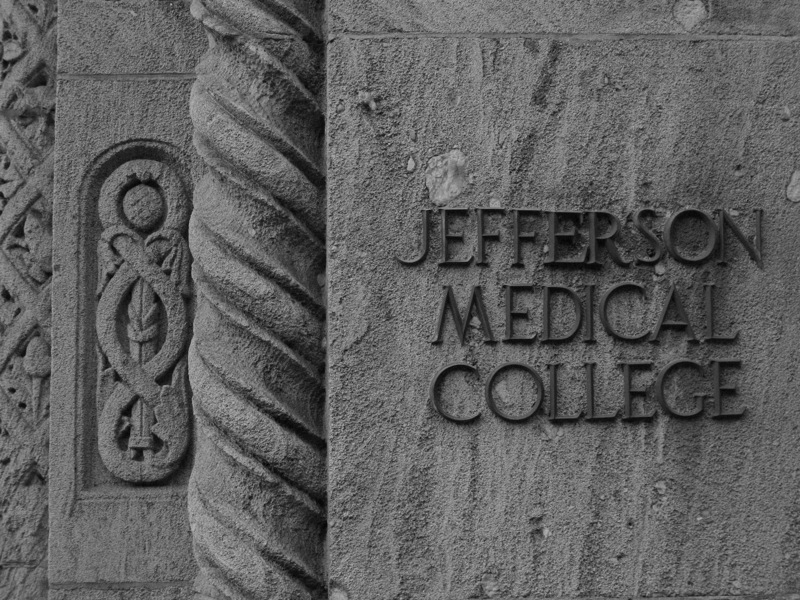If you were a fan of Wharton Online’s new fintech course, we have good news: There are even more opportunities for digital career development from local institutions.
Jefferson University just announced the country’s first ever (according to the institution) graduate-level certification for blockchain for healthcare.
Starting in September, students will follow a year-long curriculum on privacy, ethics and transparency in the medical industry and the benefits of health care companies using blockchain in clinical trial and patient data. The course consists of four three-credit classes — Introduction to Blockchain for Health Care, Blockchain: Real World Case Uses, The New Trust Network: A Technical Review and Blockchain Policy & Standards — for around 15 to 18 hours per week.
Course instructor Mike McCoy said blockchain allows health systems to anonymize certain information so patients’ information isn’t compromised. This is something McCoy believes has never been done before, since companies tend to compete over who owns what data.
“Blockchain creates a single, end-to-end view of data and information like we have never seen before,” said the aspiring blockchain ambassador of Philadelphia. “Tons of companies like 23andMe, Ancestry and healthcare providers spend millions of dollars to obtain patient data to use and sell to companies for leverage without a customer fully knowing or having the ability to be paid for their data. Blockchain helps with the transparency of data as well as the ability for individuals to earn their data back to them.”
McCoy said this course gives the school the opportunity to stay ahead of the medtech curve by preparing its students for the blockchain future before they graduate. Meanwhile, increased data security could increase trust among communities wary of medical companies.
“I imagine kids [from communities in need] being taught in blockchain technology to help create incentive programs for them to do the right thing and to be able to trust institutions that are created to help keep them healthy,” he said. “[This course] is a huge opportunity that we all need to come together for.”







